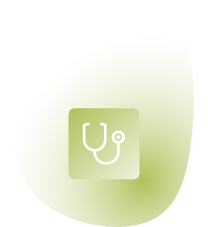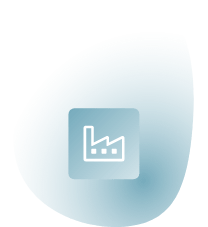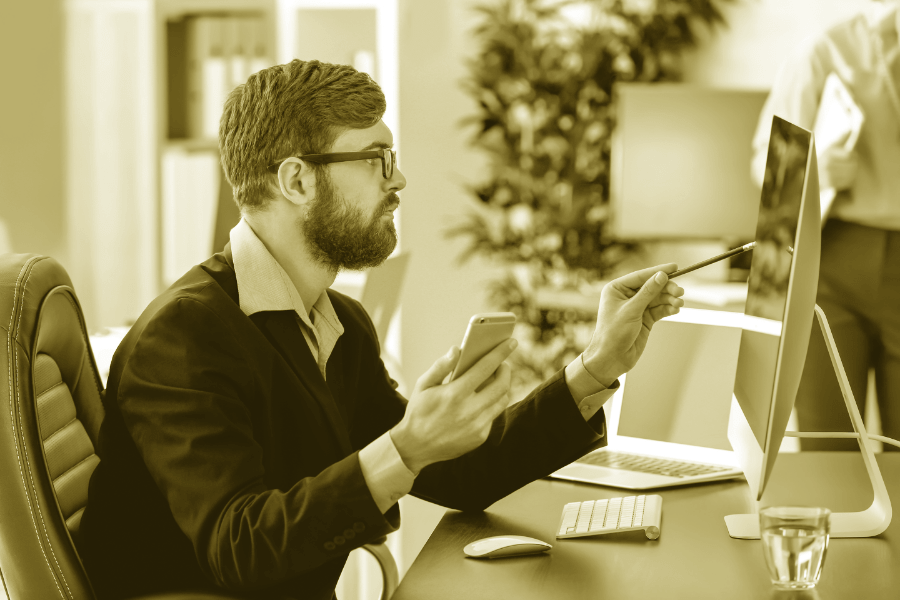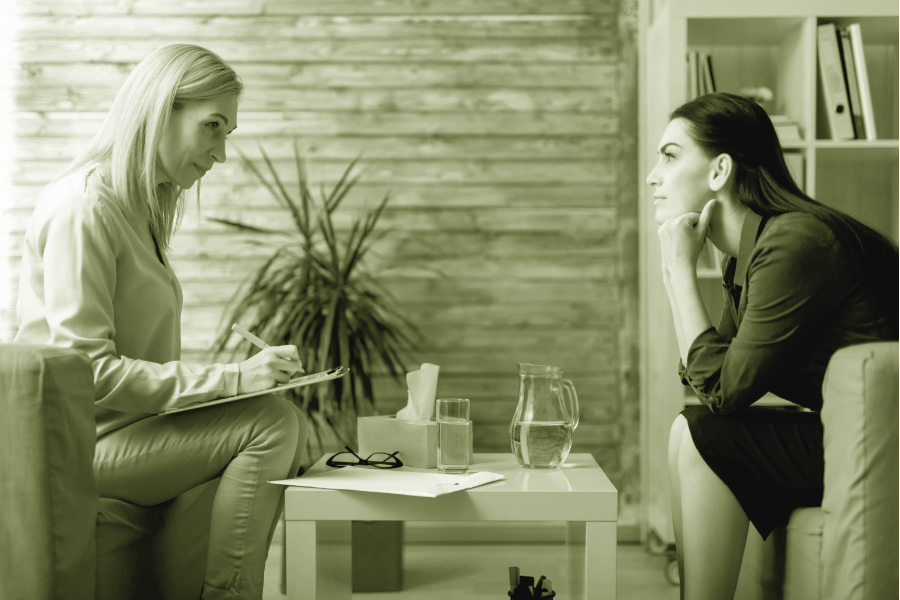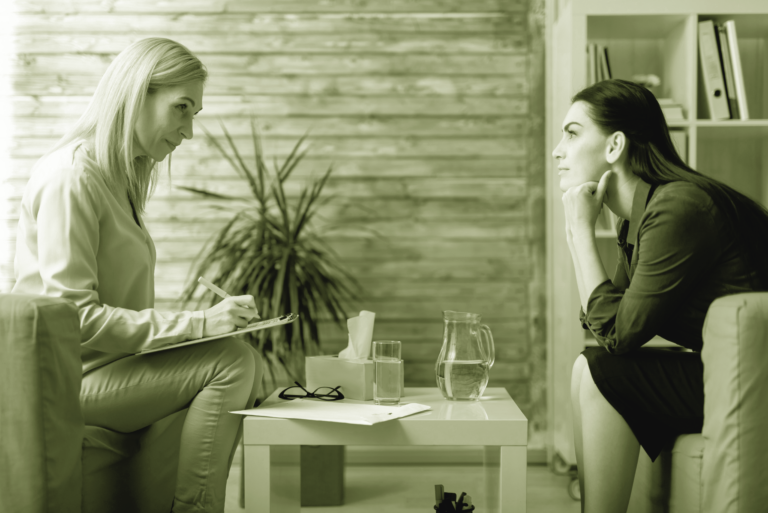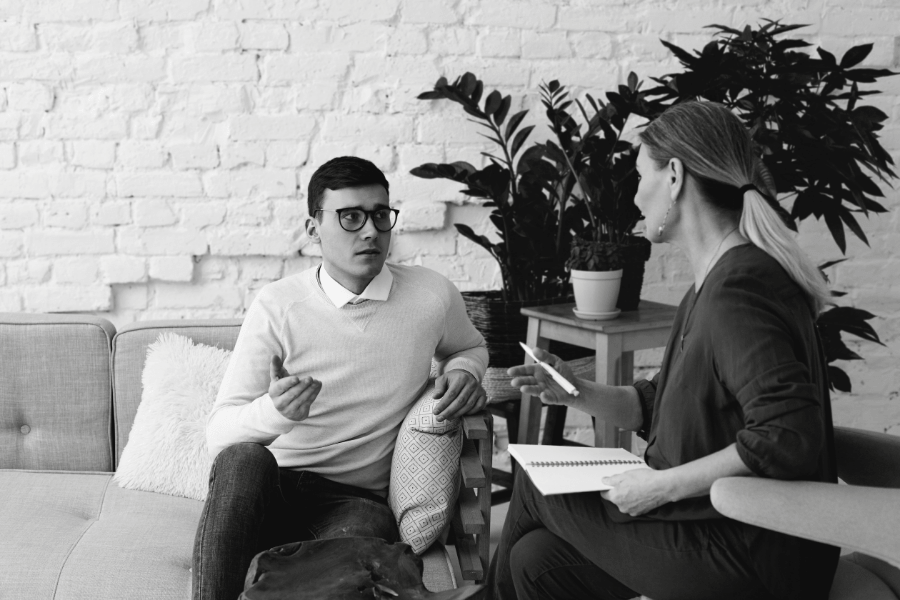[smartslider3 slider="3"]
CaseDesk ist die führende neue Software im Case Management.
Wir bringen Betroffene, Ärzte und Arbeitgeber auf einer Plattform zusammen und fördern damit die nachhaltige und wirtschaftliche ReintegrationSie als betroffene
Person/Klient...
- Fördern Ihre Reflexionskompetenz und damit Ihren Umgang mit Stress
- Erleben wie erlernte Strategien sich im Berufsalltag bewähren
- teilen Ärzten und Case Managerinnen mit, wie Sie den Verlauf der Eingliederung erleben
- Erreichen Ihre Rückkehr zur Arbeit im richtigen Zeitrahmen
- Vermindern das Rückfallrisiko erheblich
Software für Kostenträger/Versicherung...
- Ermöglichen Ihren Case Managerinnen eine transparentere Fallführung unter Einbezug aller
- Verkürzen die Abwesenheitsdauer bei den Arbeitgebenden
- Senken die Kosten für Taggelder und allfällige Renten der Pensionskassen
- Reduzieren die Kosten für die medizinische Dokumentation
Sie als Arbeitgeberin...
- Wirken aktiver bei der Reintegration Ihres Mitarbeiters mit
- Fördern das Commitment zwischen Angestellten und Ihnen als Arbeitgeberin
- Entlasten Ihr Team vor Zusatzaufgaben durch eine raschere Rückkehr des erkrankten Mitarbeiters
- Verhindern einen Langzeitfall, der Ihre Pensionskasse belastet
Sie als Case Managerin...
- Verbessern mit der Plattform die Kommunikation und beschleunigen den Reintegrationsprozess
- Strukturieren die Rückmeldungen des Klienten und der Arbeitgeberin an den Arzt und sich selbst
- Vermeiden es, mehrere Wochen auf medizinische Berichte zu warten und im Blindflug zu führen
- Steuern die Reintegration aktiver als bisher und können zeitnah auf Veränderungen reagieren
